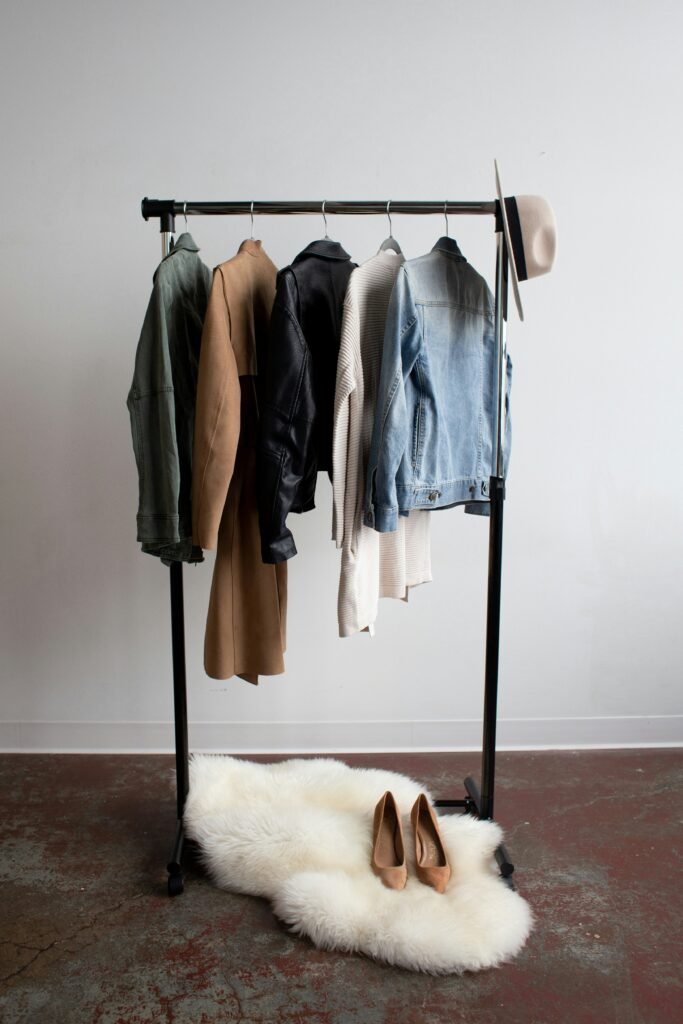In a world grappling with overconsumption and its environmental consequences, a powerful trend is emerging: the resale revolution. Secondhand shopping is no longer just a thrifty option; it’s a conscious choice, a way to embrace sustainability while expressing unique style. This trend is transforming the fashion industry and beyond, creating new opportunities for both consumers and businesses.
The Rise of Conscious Consumerism:
Consumers are becoming increasingly aware of the environmental and social impact of their purchasing decisions. Fast fashion, with its focus on low prices and fleeting trends, has contributed significantly to textile waste, pollution, and unethical labor practices. As a result, consumers are seeking alternatives that align with their values. Secondhand shopping offers a compelling solution by:
- Reducing Textile Waste: Extending the life cycle of clothing and other items, diverting them from landfills.
- Conserving Resources: Decreasing the demand for new products, which reduces the need for raw materials, water, and energy.
- Minimizing Carbon Footprint: Lowering transportation emissions associated with manufacturing and shipping new goods.
- Promoting Circularity: Embracing a circular economy model where items are reused and recycled, minimizing waste and maximizing resource efficiency.
The Evolution of Secondhand Shopping:
Secondhand shopping has shed its stigma and is now embraced by a diverse range of consumers. Several factors have contributed to this transformation:
- Online Platforms: The rise of online marketplaces and dedicated resale platforms has made secondhand shopping more accessible and convenient than ever before.
- Curated Collections: Many secondhand stores and online platforms now offer carefully curated selections of high-quality, stylish items, making it easier to find unique and desirable pieces.
- Vintage and Retro Trends: The popularity of vintage and retro fashion has fueled the demand for secondhand clothing, as these items often offer unique styles and historical significance.
- Influencer Culture: Fashion influencers and celebrities are increasingly showcasing their secondhand finds, further normalizing and popularizing the trend.
Beyond Fashion:
The resale revolution extends beyond clothing and accessories. Consumers are increasingly turning to secondhand options for:
- Furniture and Home Goods: Finding unique and affordable pieces while reducing waste.
- Electronics: Purchasing refurbished devices to save money and minimize e-waste.
- Books and Media: Exploring secondhand bookstores and online platforms for affordable entertainment and knowledge.
- Outdoor Gear and Equipment: Opting for pre-owned items to reduce costs and environmental impact.

Opportunities for Businesses:
The resale revolution presents significant opportunities for businesses:
- Resale Platforms: Creating or partnering with online platforms to facilitate the buying and selling of secondhand goods.
- Brand-Owned Resale Programs: Offering buy-back programs or resale options for their own products, promoting circularity and customer loyalty.
- Sustainable Packaging: Utilizing eco-friendly packaging for secondhand items, reinforcing the commitment to sustainability.
- Marketing and Storytelling: Highlighting the environmental and social benefits of secondhand shopping to attract conscious consumers.
The Future of Secondhand Shopping:
The resale revolution is poised for continued growth as consumers become increasingly aware of the environmental impact of their choices. Future trends include:
- AI-Powered Curation: Utilizing AI to personalize recommendations and curate collections of secondhand items based on individual preferences.
- Virtual Try-On: Implementing virtual try-on technology for secondhand clothing, enhancing the online shopping experience.
- Blockchain Technology: Using blockchain to track the provenance and authenticity of secondhand items, increasing transparency and trust.
- Integration with Sustainable Brands: Collaborating with sustainable brands to offer resale options for their products, creating a closed-loop system.

Key Takeaways:
The resale revolution is more than just a trend; it’s a fundamental shift in consumer behavior towards a more sustainable and circular economy. By embracing secondhand shopping, consumers can reduce their environmental footprint, express their unique style, and support businesses that prioritize sustainability. This trend offers exciting opportunities for businesses to innovate, create new revenue streams, and contribute to a more sustainable future. Staying informed about the evolving landscape of secondhand shopping is crucial for both consumers and businesses looking to participate in this transformative movement.
